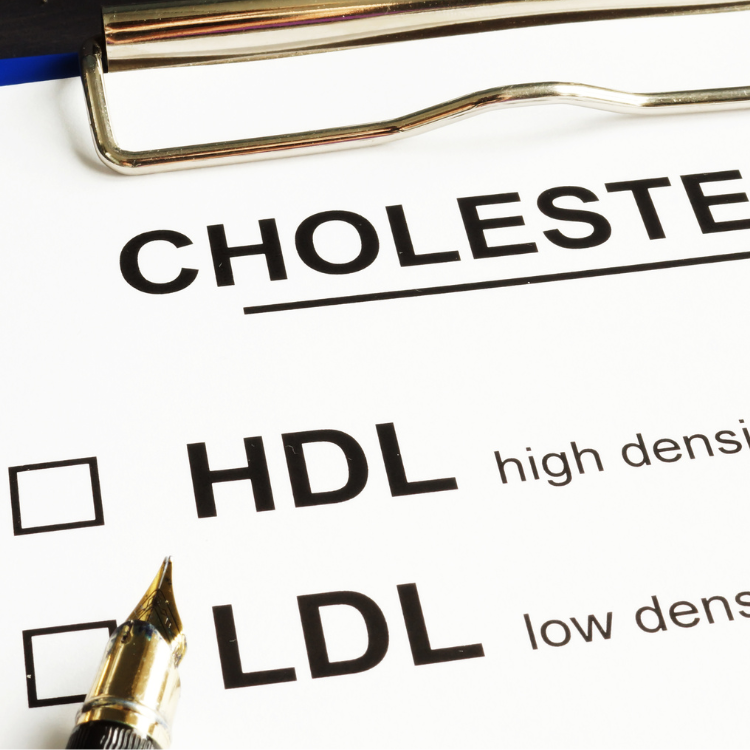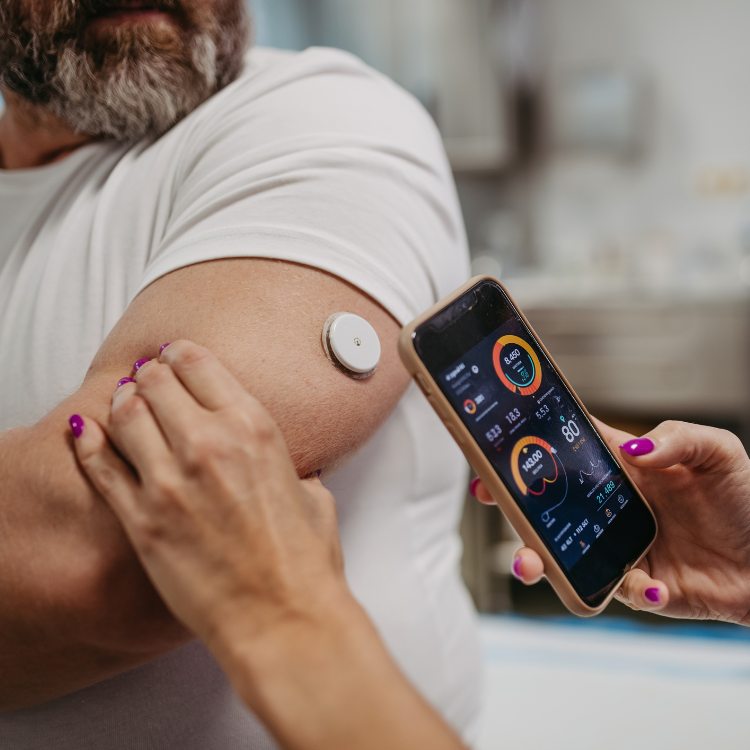Brain health testing
Brain health is important. Healthy brains have lower rates of dementia, depression, and anxiety. Studies prove you need to institute changes in your 30s, 40s and 50s to have good brain health in older age.
Studies have shown risk factors for dementia:
- Less education
- Hearing loss — This is strongly correlated. Use of hearing aids is particularly effective.
- Hypertension (high blood pressure)
- Smoking
- Obesity
- Depression
- Physical inactivity
- Diabetes
- Excessive alcohol consumption (12 units)
- Traumatic brain injury — At any age and from any source. This includes sport injuries.
- Air pollution.
- Social isolation
- Untreated vision loss: This is due to things like cataracts, diabetic retinopathy, and age-related macular degeneration.
- High LDL cholesterol — they showed for each 1 mmol/L increase in LDL was associated with an 8% increase in all-cause dementia risk, and higher baseline LDL was increased risk.
Testing is super important, but there are many other factors and lifestyle changes which can benefit you. Education as always is key. For the scientific studies on brain health, click brain blogs

TEST OPTIONS
Brain health is important as you age. Dementia, Alzheimer’s, depression, and anxiety are all issues for older adults.
What is your risk? There are not many tests out there directly yet for brain health. We do know some genetic markers that can be screened. We also focus on blood sugar, as many consider dementia “diabetes type 3,” a hypothesis that Alzheimer’s is triggered by insulin resistance specifically within the brain. Science blogs on insulin + dementia

Apo E
APOE has multiple variants. APOe4 is the bad gene, and it increases the risk of Alzheimer’s and the risk of getting a worse form of Alzheimer’s. This is a “risk” gene – it does NOT guarantee it will happen.
You get two genes when you are born. One from your mom and one from your dad.
One copy of e4 version —> 2-3x Alzheimer’s risk
Two copies of e4 gene —-> 8-12 x Alzheimer’s risk
NOT EVERYONE WHO GETS THE e4 variant will get Alzheimer’s.
LDL Cholesterol
High LDL cholesterol baseline gives increased risk of dementia. A recent study showed for each 1 mmol/L increase in LDL there was an associated 8% increase in all-cause dementia risk.
This test is part of our comprehensive screening tests and cholesterol panel.

BLOOD GLUCOSE
Our insulin panel includes:
- HBA1c
- insulin level
- fasting glucose
- xxxx

Continuous Glucose Monitor
This is a simple “button” you wear on your arm for two weeks. It measures the glucose level in your tissue, connecting with an app so you can see what food and activity do to your blood sugar levels. It is great for those with HbA1c over 5, and for those over 5.7 who are prediabetic, it is a must.

Estrogen
Estrogen is protective for the brain. Studies have shown doing hormone replacement in post menopausal women significantly lowers dementia risk. This is because estrogen has a protective effect on the brain, and its decline during menopause might contribute to the higher incidence of dementia in women.
Timing matters. It appears you must start it around the time of menopause. Women who start estrogen therapy around the time they begin experiencing menopausal symptoms may benefit more in terms of cognitive health compared to those who start later.